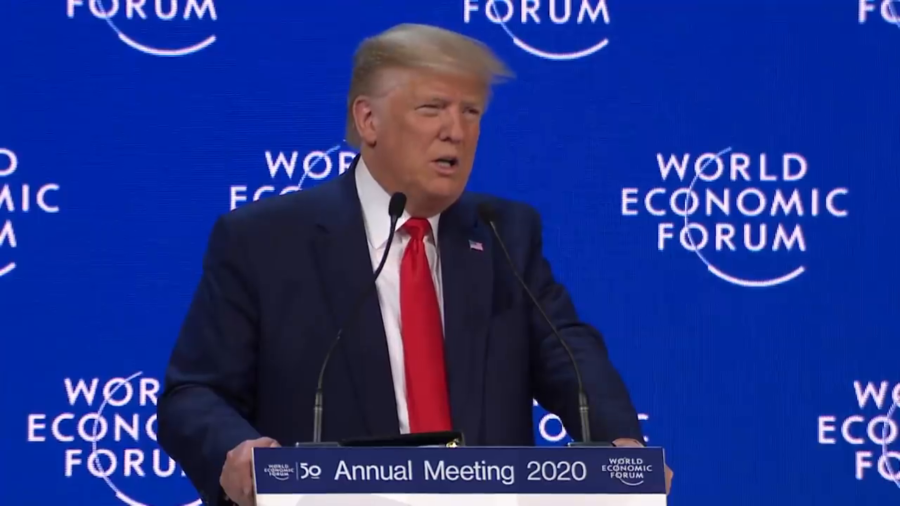We’ve regained our stride, we discovered our spirit, and reawakened the powerful machinery of American enterprise. America’s thriving, America’s flourishing, and yes, America is winning again like never before.
Archive (Page 1 of 2)
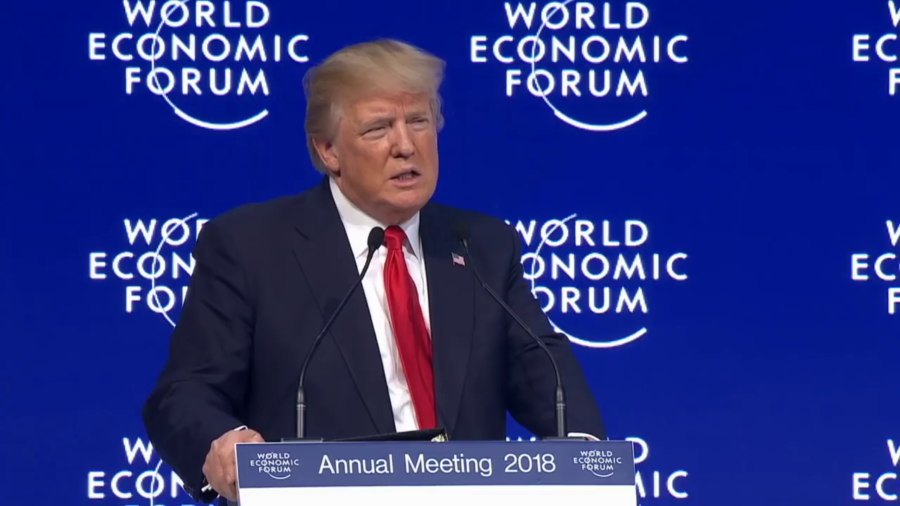
Like all nations represented at this great forum, America hopes for a future in which everyone can prosper, and every child can grow up free from violence, poverty, and fear. Over the past year, we have made extraordinary strides in the US. We’re lifting up forgotten communities, creating exciting new opportunities, and helping every American find their path to the American Dream.
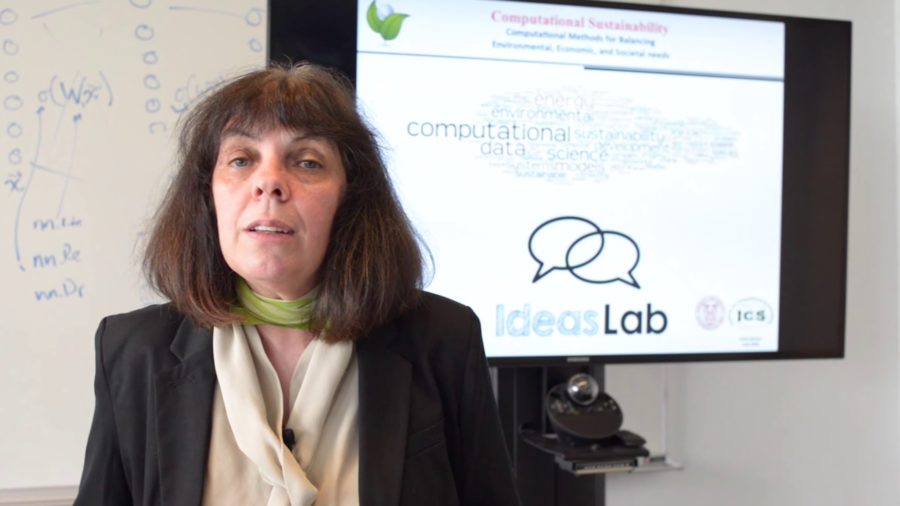
The smartphone is the ultimate example of a universal computer. Apps transform the phone into different devices. Unfortunately, the computational revolution has done little for the sustainability of our Earth. Yet, sustainability problems are unique in scale and complexity, often involving significant computational challenges.
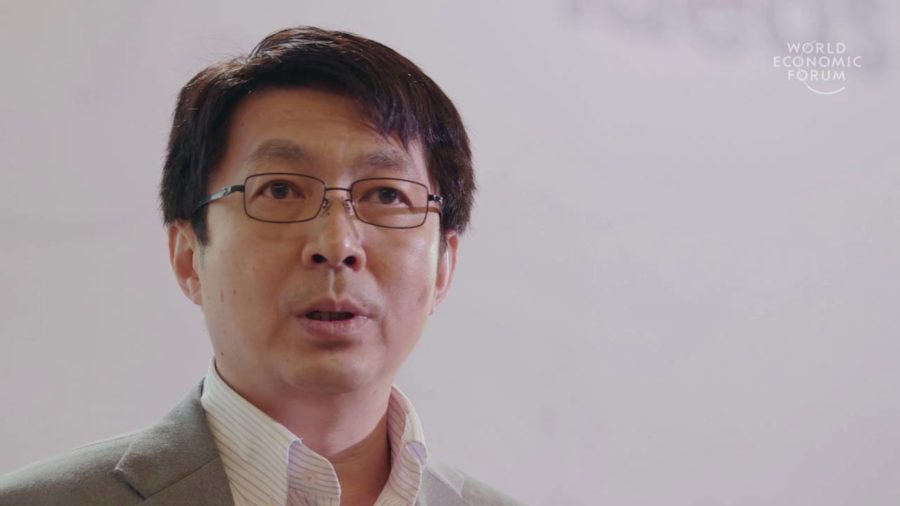
We can train computers to learn to recognize objects by giving them millions of examples with the correct answers. A human baby, on the other hand, learns to recognize many concepts and objects all by themself simply by interacting with a few examples in the real world.
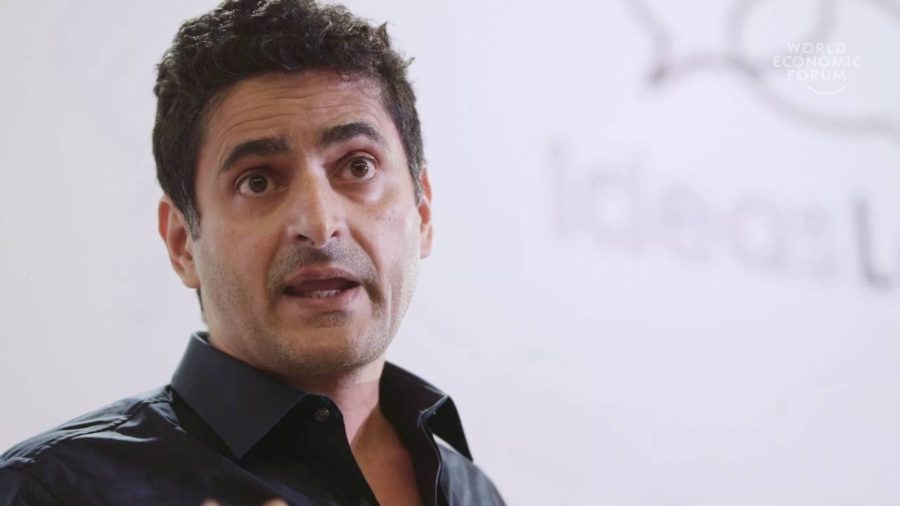
Can we have agreements or the mechanisms for enforcing agreements between governments without having to appeal to the ambiguity of international law?
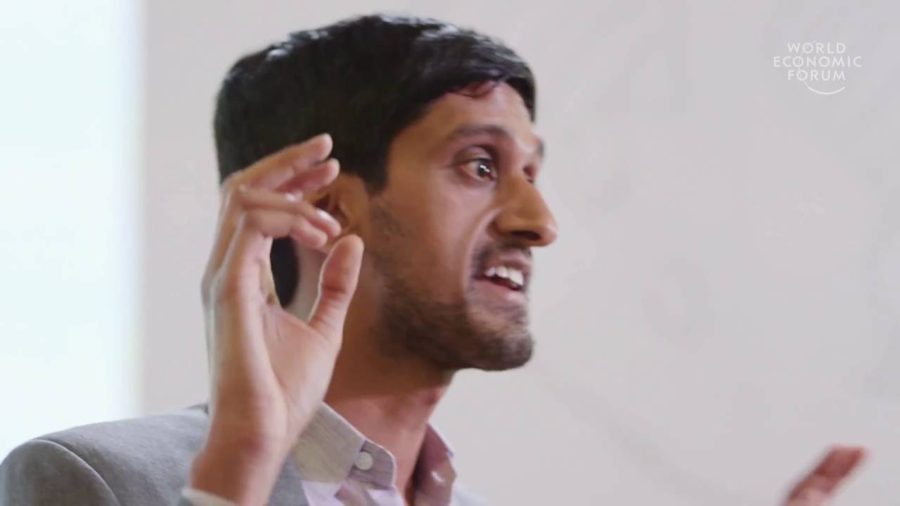
To understand human nature, I focus on human language and what it can reveal about how we think. Unlike other animals, humans can communicate an infinite number of thoughts through language. And one reason that language is powerful is because we can use each of our words flexibly, with several different meanings.
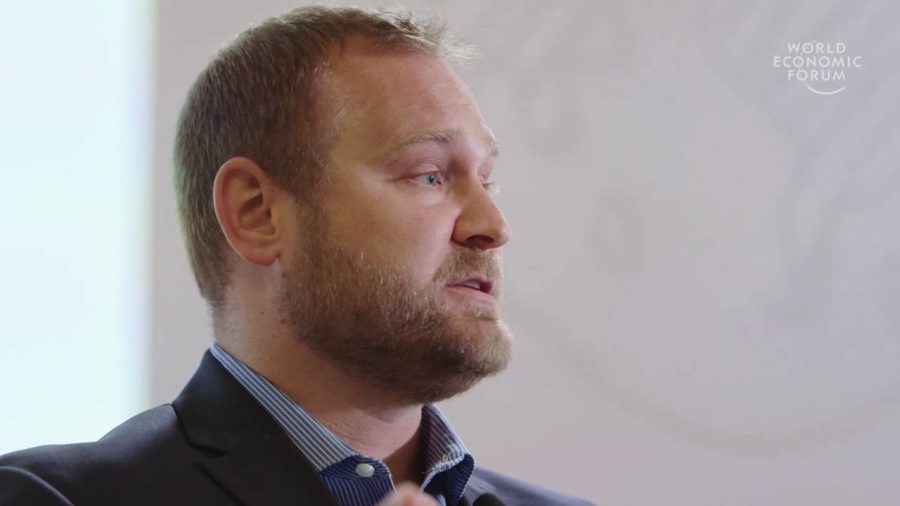
The United States plants more than 170 million acres of corn and soybeans a year, more than any country in the world. And the primary mechanism in the US that we use to subsidize agriculture is actually called the Federal Crop Insurance Program. So, the crop insurance program in the US is also the largest such program globally, with over $100 billion in liabilities annually. So it’s a very big program.

In many countries, the very ability to eat a food like avocado is a direct benefit of international trade. We are eating on an interconnected planet. Food trade now shapes land use worldwide and is reshaping the food supplies of many nations.
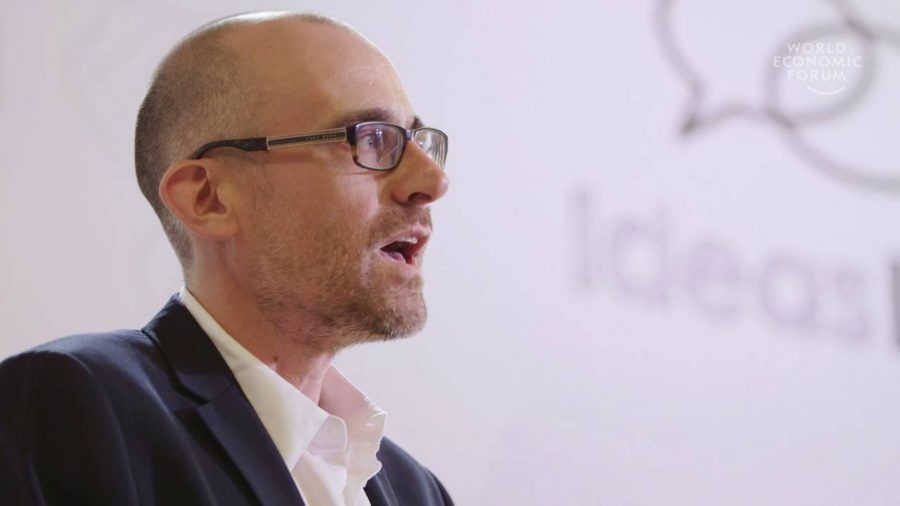
Cities form a vast global network connected by flows of energy, food, information. This global network is the challenge of the 21st century. How do we make more sustainable cities, with smaller ecological footprints and more equitable human wellbeing?
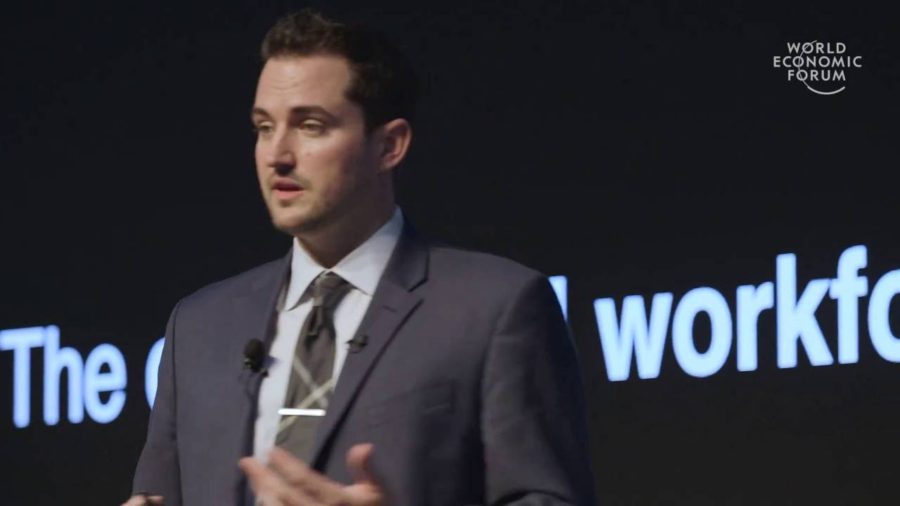
The Fourth Industrial Revolution is ushering in a significant increase in connected machines, connected products. And at the same time, the people who are standing next to these highly sophisticated machines are ultimately connected in their home lives. They carry a cell phone that’s managing their smart car, their smart home, their smart systems. But they have almost no interaction with the systems at work.

